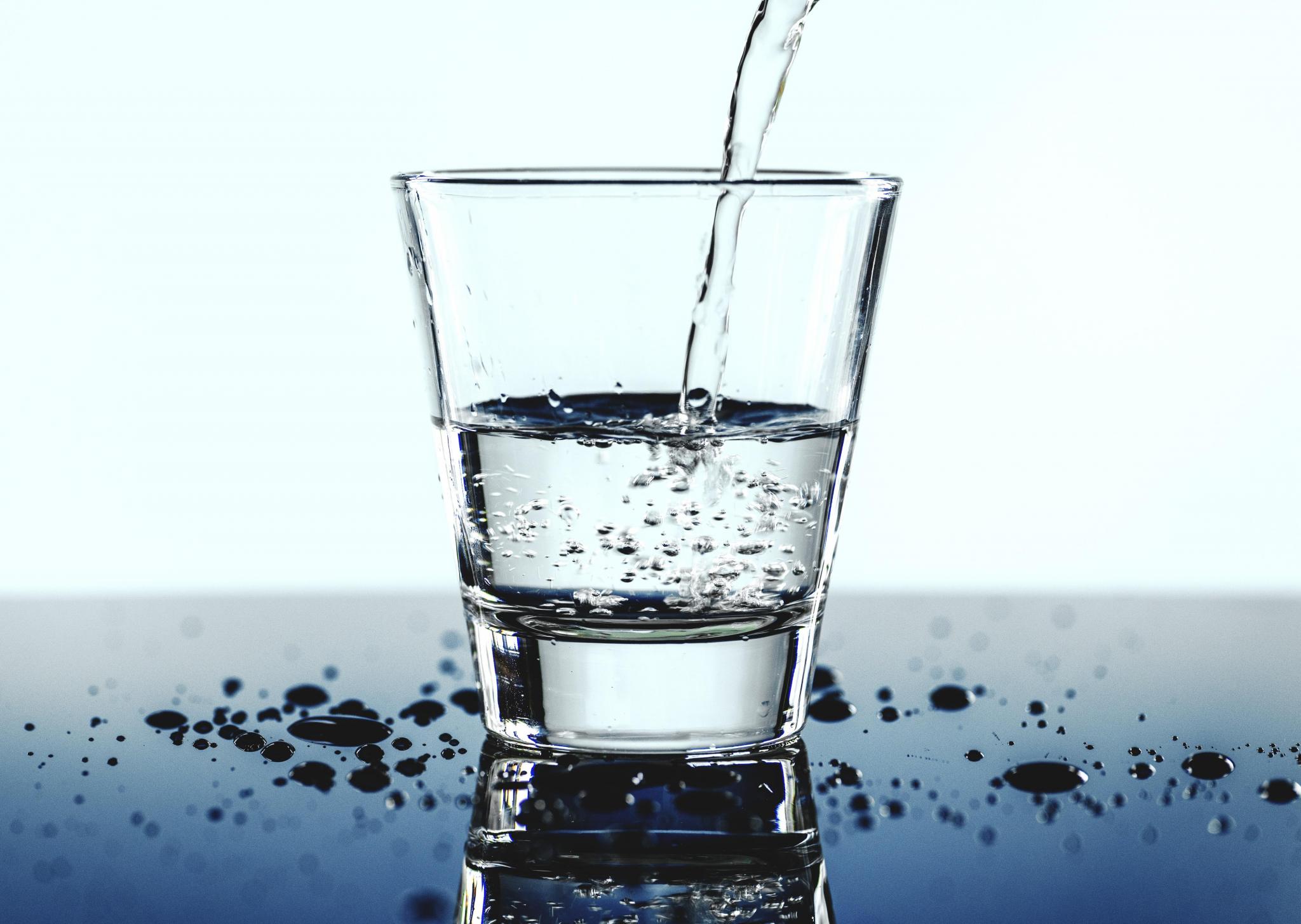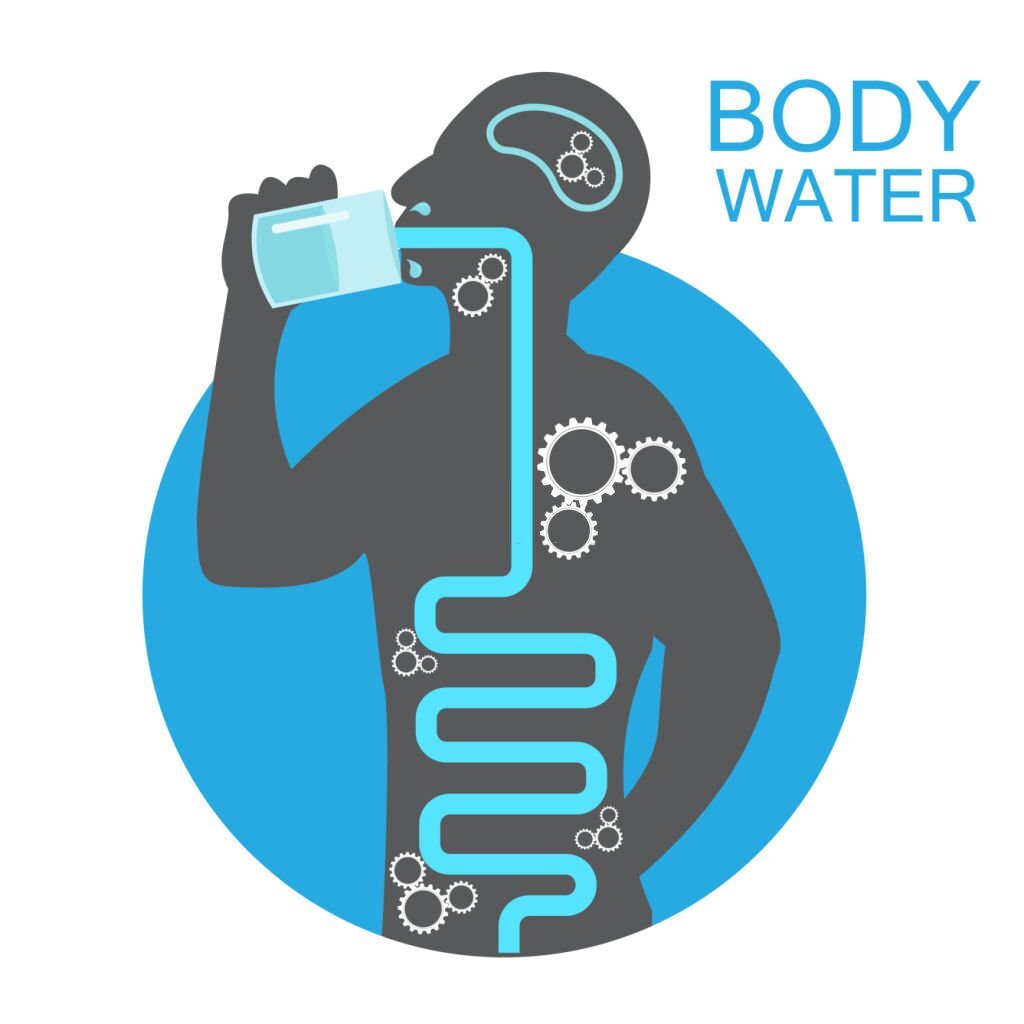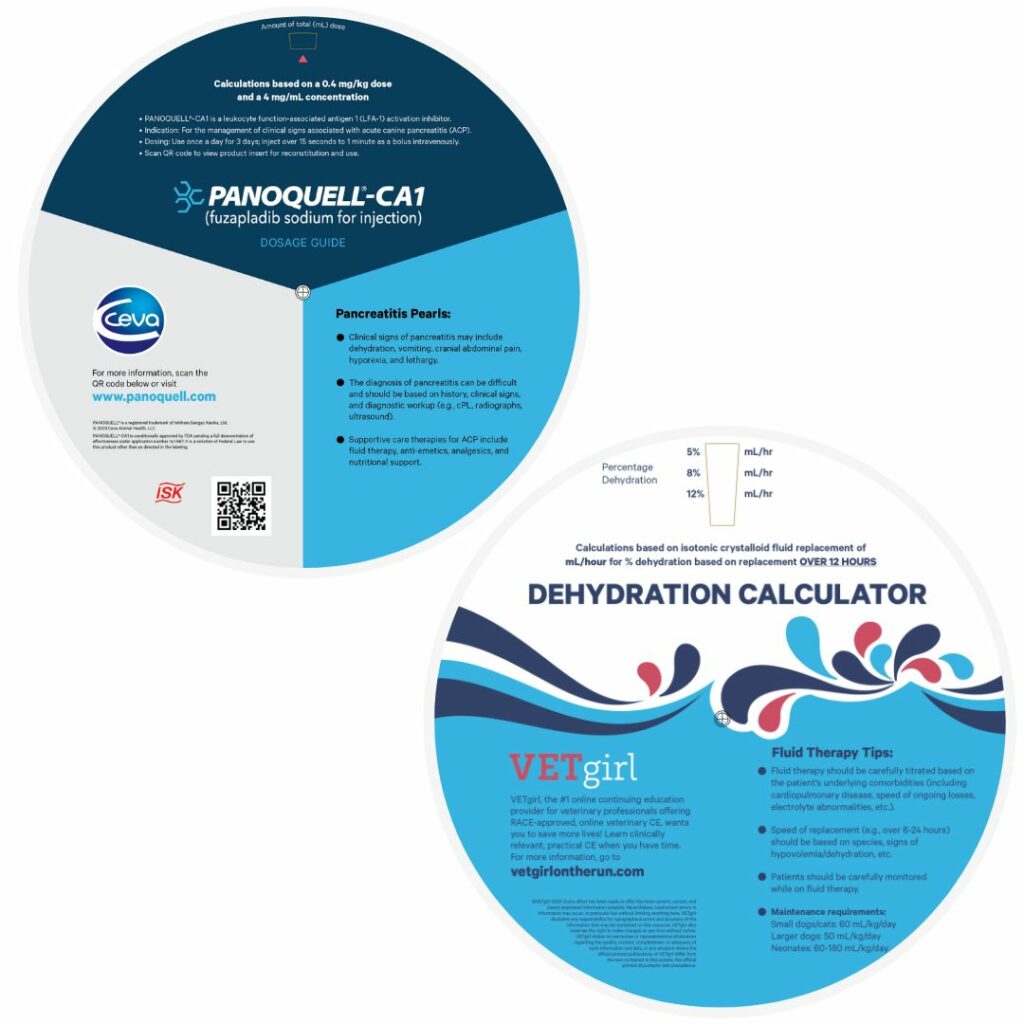Beautiful Info About How To Handle Dehydration

Read up on dehydration risk factors, therapies, and prevention tips here.
How to handle dehydration. This is an obvious one, yes. If you are mildly dehydrated, the best thing you can do is to drink more water. Stages of dehydration are mild, moderate, or severe, but everyday cases can be avoided.
Generally, medical professionals recommend drinking approximately 9 cups of water per day for women and 13 cups of water per day for men. Mild dehydration can cause problems with. Be aware of how much fluid you’re losing through.
Untreated and in extreme cases, dehydration can lead to to kidney failure, seizures, heat exhaustion, stroke, and death. If it's not treated, it can get worse and become a serious problem. Symptoms thirst isn't always a reliable early indicator of the body's need for water.
You can usually reverse mild to moderate dehydration by drinking more fluids, but severe dehydration needs immediate medical treatment. Prevention melons and berries have a particularly high water content, helping you stay hydrated. Dehydration is easy to remedy but can be serious if left unchecked.
How is dehydration treated? Dehydration is when you don’t have enough water in your body. Drink more water when being active outside.
Dehydration is a deficiency of water in the body. In particular, babies, infants and elderly people will need urgent treatment if they become dehydrated. What are the symptoms of severe dehydration?
The first symptoms of dehydration include thirst, darker urine, and decreased urine production. The best approach to dehydration treatment depends on age, the severity of dehydration and its cause. Urinating less or having dark urine (may have a strong odor) increased heart rate and breathing.
See a doctor if you have signs of. But as we all know, life can get busy and sometimes, before you know. If you lost electrolytes, sports drinks may help.
It’s best to be proactive about staying hydrated if you work outside or if. You can also drink oral rehydration solutions that you buy from your pharmacy. You should seek treatment for severe dehydration in a hospital.
For mild cases, you may just need to drink lots of water. Doctors look for elevated plasma. Important babies, children and older adults are more at risk of dehydration.


















